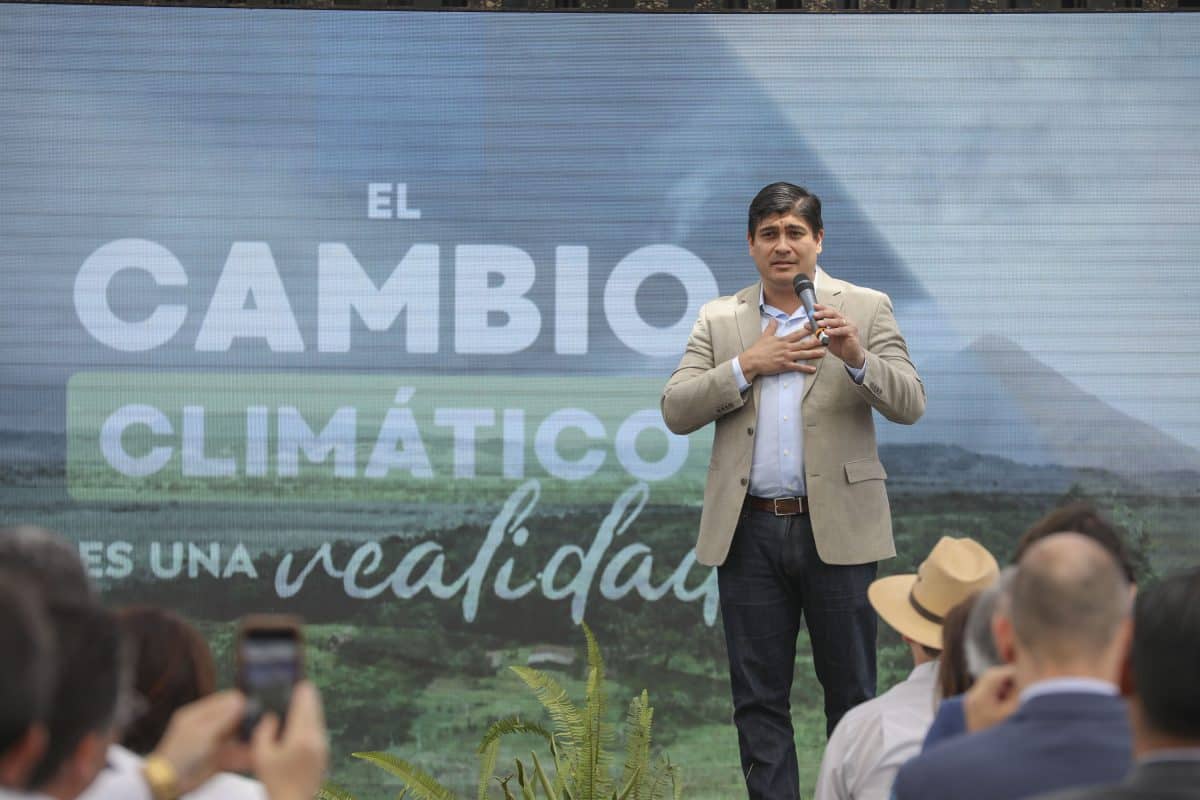Under the direction of the Environment and Energy Ministry (MINAE), Costa Rica this week will take steps toward achieving its goal of decarbonizing its economy by 2050.
A week-long event in San José will feature forums on the process made on the National Decarbonization Plan, which was formally launched a year ago.
According to Casa Presidencial, this week’s forums will include:
- A presentation of an Inter-American Development Bank economic analysis measuring the profitability of reducing reliance on fossil fuels.
- A presentation on “advances in the mobility sector” by First Lady Claudia Dobles and representatives of the National Railways Institute (INCOFER). This will include discussions of electric railroads and the announcement of an electric bus plan.
- The inauguration of an “Integrated Waste Management Action Plan.”
- A presentation of the “Ríos Limpios” (Clean Rivers) initiative.
“We cannot stop working for decarbonization of the economy so that it’s the milestone of our generation,” said President Carlos Alvarado. “It will go down in history as the opportunity we had and we took to grow and be extraordinary.”
Among the short-term goals presented last year by Alvarado’s administration are the building of an electric cargo train in Limón (TELCA), the installation of dozens of fast-charge stations for cars, and the launching a fleet of electric busses on public routes.
Longer-term goals of the decarbonization plan include a modern transportation strategy for the Greater Metropolitan Area (GAM), including a focus on walking, biking, and electric trains.
While President Alvarado has long argued that decarbonization can be an economic boon, Costa Rica is facing its largest fiscal deficit in decades, and Moody’s Investor Services says the country has “no room for error” in 2020 and beyond.






